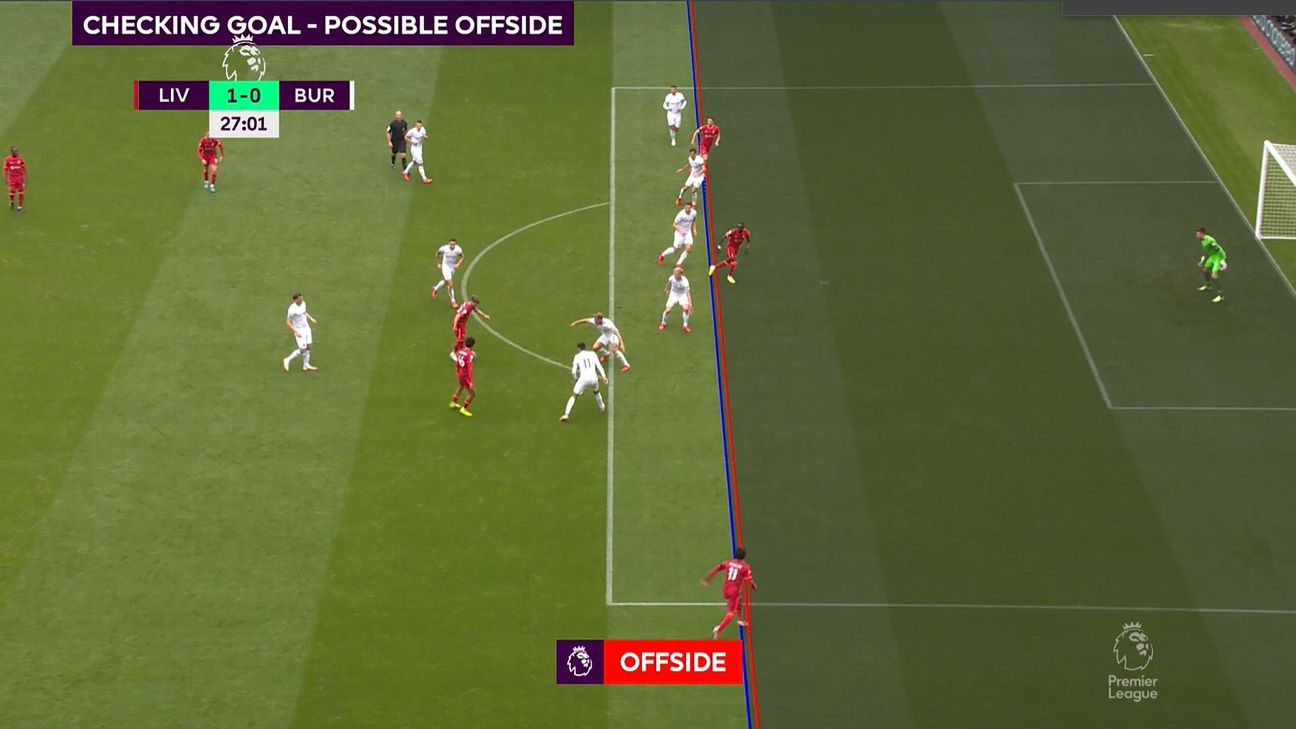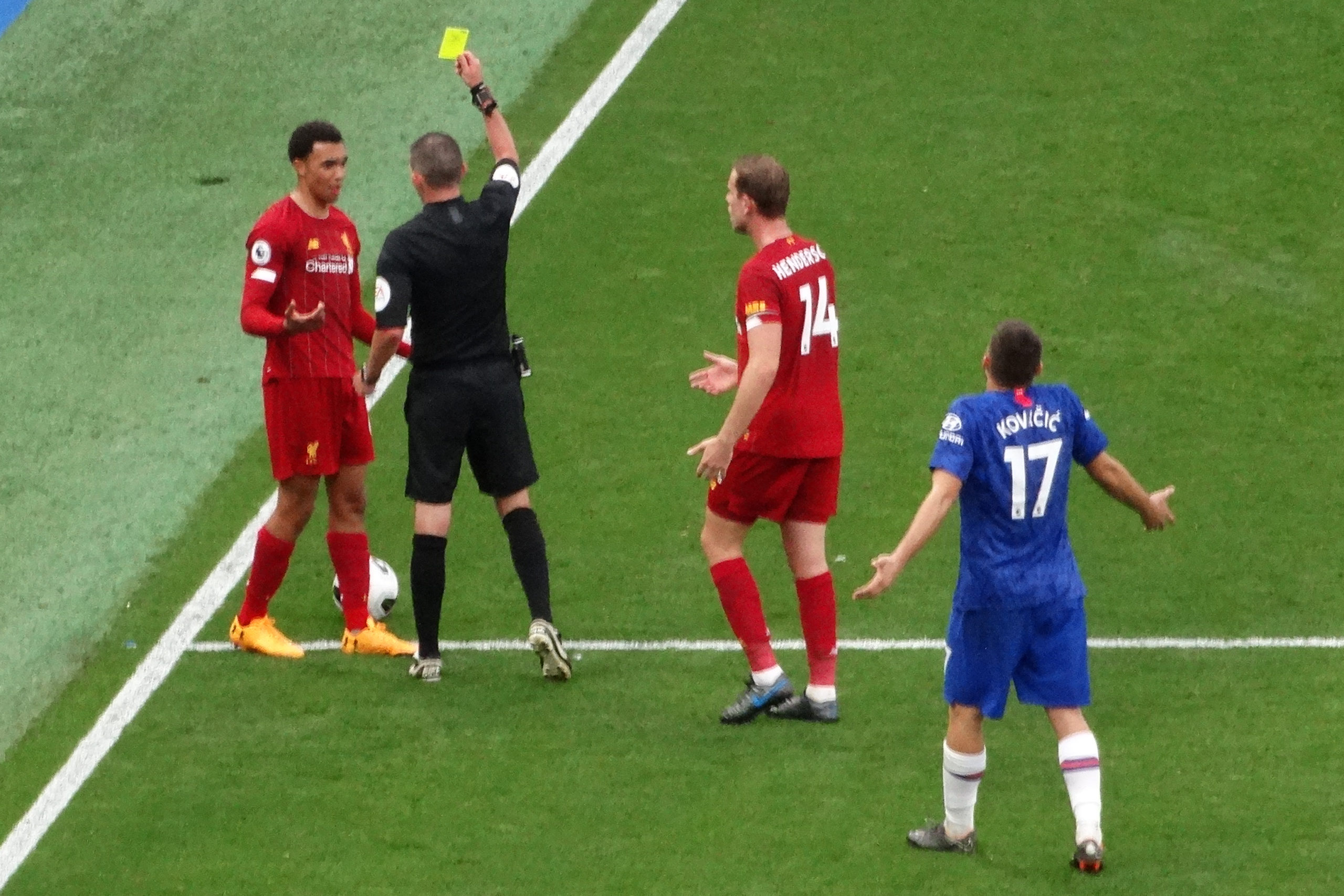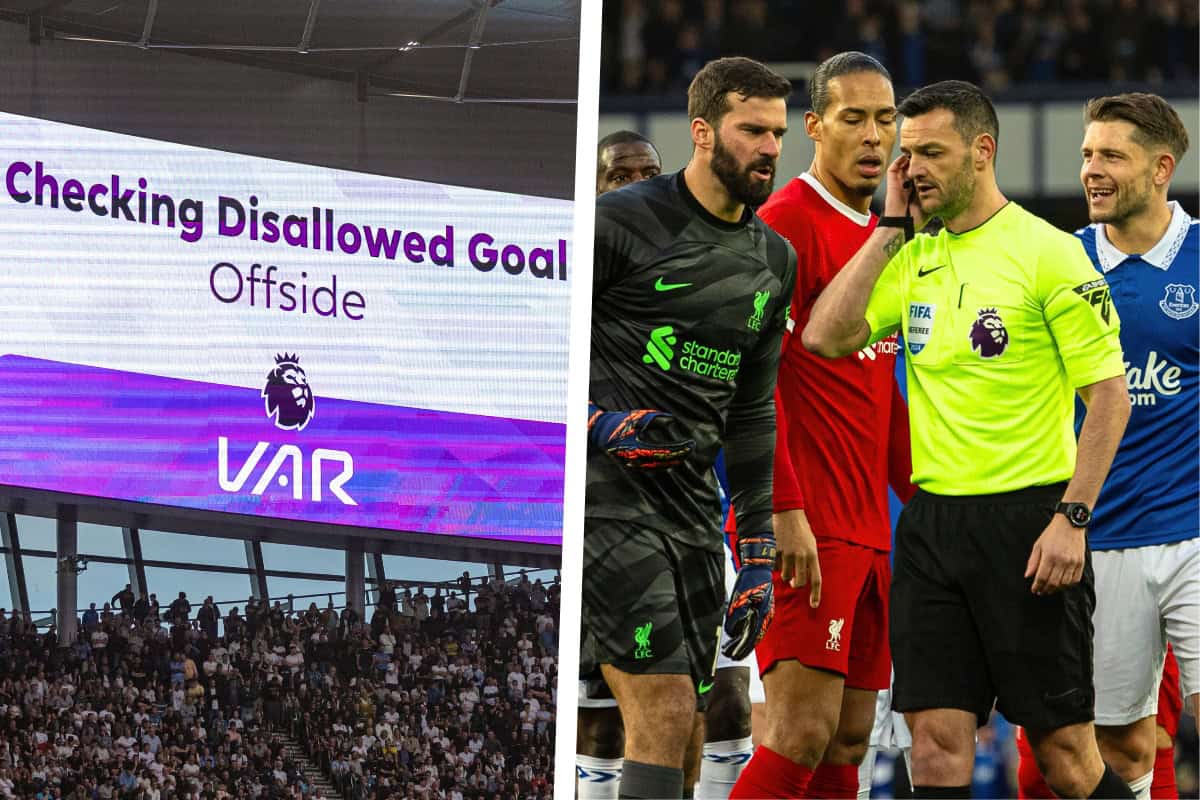How VAR Has Changed Football League Forever
A New Era of Precision and Controversy
The introduction of the Video Assistant Referee (VAR) has ushered in a new era for football leagues around the world.
Initially intended to bring greater accuracy and fairness to the game, VAR has transformed the sport in ways that were both anticipated and unforeseen.
This article explores how VAR has fundamentally altered the landscape of football, impacting everything from match outcomes to the very nature of fan engagement.
The Precision of Decision-Making
One of the primary reasons for introducing VAR was to enhance the accuracy of refereeing decisions.
Historically, human error has played a significant role in football, with incorrect calls sometimes leading to unfair outcomes.
VAR was conceived to address this by providing referees with the technological tools to review and correct decisions, thereby ensuring that the game is as fair as possible.
Eliminating Clear Mistakes
Offside Calls One of the most significant impacts of VAR has been on offside decisions. Before VAR, these decisions were often made in the heat of the moment, with referees relying solely on their vision and instincts. VAR allows for precise analysis of offside situations, often using frame-by-frame analysis to determine whether a player was marginally offside.
One of the most significant impacts of VAR has been on offside decisions. Before VAR, these decisions were often made in the heat of the moment, with referees relying solely on their vision and instincts. VAR allows for precise analysis of offside situations, often using frame-by-frame analysis to determine whether a player was marginally offside.
While this has led to more accurate calls, it has also sparked debates over the legitimacy of goals ruled out by minuscule margins.
Penalty Decisions VAR has also played a crucial role in determining penalties. By reviewing potential fouls in the penalty area, VAR helps ensure that only clear infractions are penalized. This has reduced the number of "soft" penalties awarded, but has also introduced new controversies, particularly when the interpretation of a foul is subjective.
VAR has also played a crucial role in determining penalties. By reviewing potential fouls in the penalty area, VAR helps ensure that only clear infractions are penalized. This has reduced the number of "soft" penalties awarded, but has also introduced new controversies, particularly when the interpretation of a foul is subjective.
Reducing Injustice
- Red Card Reviews: VAR has the authority to review decisions that result in red cards. This has been instrumental in reducing the number of wrongful dismissals, allowing referees to review the severity of a challenge before sending a player off. However, it has also led to debates about consistency, as similar incidents can sometimes result in different outcomes depending on the referee's interpretation.
- Goal-Line Technology: While goal-line technology is a separate system from VAR, the integration of both has ensured that no goals are wrongly disallowed or awarded. This combination of technologies has virtually eliminated errors related to whether the ball has fully crossed the goal line, ensuring that the integrity of the sport is maintained.
The Controversy and Debate
Despite its intention to bring clarity to the game, VAR has also been a source of controversy. The system has sparked debates among players, managers, and fans, particularly regarding its impact on the flow of the game and the nature of the decisions made.
Interruptions and Delays

- Disrupting the Flow: One of the most significant criticisms of VAR is the way it disrupts the natural flow of the game. Football is a sport that thrives on its continuous action, and lengthy VAR reviews can interrupt this momentum, frustrating players and fans alike. The time taken to reach decisions has led to calls for a more streamlined process to minimize delays.
- Over-Reliance on Technology: Another point of contention is the perceived over-reliance on technology. Critics argue that VAR has shifted the focus away from the human element of refereeing, making the game feel more clinical and less spontaneous. This reliance on technology has also led to questions about whether referees are becoming too dependent on VAR, potentially undermining their authority on the pitch.
Subjectivity in Objectivity
- Interpreting the Rules: While VAR is designed to provide objective clarity, the interpretation of certain rules remains subjective. For instance, handball decisions and fouls often require a referee’s judgment, even after reviewing the footage.
- This has led to inconsistencies, with different referees making different decisions in similar situations. The subjectivity inherent in these decisions has fueled debates about the fairness and transparency of the system.
- Fan Discontent: VAR has also altered the fan experience, particularly in stadiums. Fans often celebrate goals only to have them overturned after a VAR review, leading to a sense of uncertainty and diminished spontaneity. The delay in confirming decisions can also create tension and frustration, particularly when the final verdict is unfavorable.
The Impact on Tactics and Strategy
Beyond its effect on decision-making, VAR has also influenced the tactical and strategic aspects of football. Managers and players have had to adapt to the presence of VAR, altering their approach to the game to account for the possibility of reviews and overturned decisions.
Defensive Adjustments
More Cautious Defending: Defenders are now more aware of the potential for their actions to be scrutinized by VAR. This has led to a more cautious approach, particularly in the penalty area, where even minor contact can result in a penalty after review. While this has reduced the number of reckless challenges, it has also made defending more challenging, as players must strike a balance between aggression and caution.
Tactical Time-Wasting: On the flip side, some teams have exploited VAR reviews to manage the game’s tempo. For instance, players might exaggerate contact to force a VAR review, using the delay to disrupt the opposition’s momentum. This tactical use of VAR has added a new layer of complexity to the game, with managers needing to factor in potential reviews when planning their strategies.
Offensive Considerations
Timing of Runs: Attacking players have also had to adapt, particularly regarding the timing of their runs. With VAR’s precise offside checks, forwards must be more careful about when they make their move, knowing that even a fraction of a second can result in a goal being disallowed. This has led to a more disciplined approach to attacking play, with players often holding their runs to avoid being caught offside.
Psychological Impact: The psychological aspect of VAR cannot be underestimated. The uncertainty introduced by potential VAR reviews can affect a player's confidence, particularly when it comes to making split-second decisions in the heat of the moment. This added pressure has become a factor that both players and managers must contend with, influencing everything from goal celebrations to defensive clearances.
The Future of VAR and Football
VAR is still a relatively new addition to football, and its long-term impact on the sport is still unfolding. As the system continues to evolve, it is likely to become more integrated into the fabric of the game, with potential adjustments and improvements being made along the way.
One area that could see significant changes is the speed and efficiency of VAR reviews. As technology improves and referees become more accustomed to the system, it is possible that the review process will become faster, minimizing disruptions to the flow of the game. Additionally, clearer guidelines and protocols could be introduced to reduce the subjectivity of decisions and ensure greater consistency across matches.
Another potential development is increased transparency in the decision-making process. Providing more insight into the rationale behind VAR decisions, either through referee explanations or greater access to review footage, could help address some of the criticisms regarding inconsistency and subjectivity.
Over time, VAR may lead to a broader cultural shift in football, with both players and fans adjusting to the presence of technology in the sport. As the system becomes more ingrained in the game, the initial resistance and controversy may diminish, giving way to a new era where VAR is accepted as a standard part of football.
Finally, as VAR becomes more widely adopted across different leagues and tournaments, there may be a push towards global standardization. This could involve harmonizing the rules and procedures governing VAR across different competitions, ensuring a consistent approach to its use worldwide.
Conclusion
The introduction of VAR has undeniably changed football leagues forever. While it has brought greater precision to the game, it has also introduced new challenges and controversies. As football continues to evolve in response to technological advancements, VAR will likely play an increasingly central role in shaping the future of the sport. Whether viewed as a boon or a burden, VAR’s impact on football is undeniable, marking a new chapter in the history of the beautiful game.
References
BBC Sport - How VAR Is Transforming Football: A Comprehensive Analysis
Link
The Guardian - The Debate Over VAR: Is It Improving Football or Ruining It?
Link





































